In a society where instant success is often glorified, the founder and Executive Chairman, International Facilities Services Group, Dr. Tunde Ayeye, stands out as a refreshing voice of principle and patience. A medical doctor turned entrepreneur, Ayeye has built a formidable business empire in Nigeria’s facility management space, not by chasing quick wins, but by laying one block at a time. His journey is anchored on timeless values, integrity, hard work, discipline, and delayed gratification, which he not only lives by but actively imparts to the younger generation he mentors. Ayeye shares the philosophy behind his rise, stressing the importance of earning before spending, staying focused amid distractions, and building a life and career that stand on solid values. Obinna Chima provides the excerpts:
What does a typical weekend look like for you when you are not managing a facility?
The interesting thing about my job is that it’s 24/7 in a sense, because when you manage facilities, they must run whether people are there or they’re not. As an organisation, we have a way of making that work. But on a personal note, to be brutally honest, maybe 50 percent of my time over the weekend is still spent working or networking. So, it’s either I’m working or networking, or I’m resting, chilling with family. I’m an empty nester.
How do you balance intense demand from your clients and family life?
I have very interesting concepts about this thing. I hear a lot about work-life balance. As a person, I personally struggle with that concept. For me, it’s more of work-life integration, because it is one person and many expressions. Based on my responsibilities. I oversee five different businesses. I have a lot of responsibilities to the people that work for us, our clients, our investors, our bankers, and many others. So I think that, particularly when you get to a level, what you’re focusing on more is how to balance the different aspects of your life, and nothing fails. For me, it’s about work-life integration. I love what I do, I love my job, and I love our clients. For me, it’s more about finding a way to integrate your life into your work such that none is suffering and none is giving you undue pressure. I think when you’re trying to look for a strong line between work and personal time, you’re going to have a lot of conflict, especially if you’re an entrepreneur.
Do you follow any routine, either in the morning or evening, to ensure you remain grounded and focused on what you do daily?
I’m a medical doctor by training. I’m a public health physician by virtue of specialist training. And part of our business also provides consulting, and all of that in healthcare. That’s one of the businesses within our group. So I understand the importance of routines. And so one of the things that I live by is to try and create time and balance for the boardroom, the bedroom, the God room, and the health room. That’s what I live by. The boardroom is the business, the bedroom is family and friends, the God room is my meditation, my trust in God. I do my very best to commit my life, my day, into his hands, etc, and just create some time to meditate. It may not be too long, may not be too much, but to create some time to meditate, and I try at least three to four times a week, I go on walks in my estate, and that’s usually a one to one and a half hours walk every three to four days like every other day. And that sort of keeps me grounded. I find out that my most inspiring moments, even for business, are when I’m going on walks.
Is there a book that shaped your thinking and attitude to life?
For me, the biggest book will be the Bible. But when you come to authors, I’ve read quite a number of books. Lately, I’m trying to become a book myself, by trying to put my own experiences together as a mid-size entrepreneur in Nigeria, which I think is very peculiar. I have two authors that their books sort of shaped me very early on – John Maxwell and Stephen Covey. And these are pretty popular books. So John Markwell book on ‘The habits of leadership – 21 Habits of Leaders; and Stephen Covey’s popular book on ‘The Seven Habits of Highly Successful People.’ These books look more like how-to books, they’re not just telling you theory, they will tell you things about how to do it. We have a business creed here called the 4CD, that was extracted purely out of John Maxwell’s book, where he talks about commitment, communication, dedication, and enthusiasm. We have that eight-component creed and it was extracted from there. So, I would say those are probably my two books. ‘From Good to Great,’ was another book that inspired me and taught me about being bold and being audacious in terms of setting goals, etc.
Do you make time to mentor young professionals, and when you meet them, what are your key messages to such persons?
I used to do a lot of mentoring, and right now, I’m trying to create a structure around mentoring younger people. That is because there’s such a huge dynamic that is happening in terms of shift in demography, shift in culture, attitude, habits, that is happening through generations. But there are a few principles that cannot be compromised. For instance, whatever you are doing, whether as an employee or as a business owner, what are the values that you imbibe? What does integrity mean to you? What is your focus? What is your vision? Whatever it means to you, you must be able to craft for yourself a vision. I don’t typically like all these high-standing words, but you must be able to craft a vision of a future for yourself. You must be able to craft how you want to attain that vision. For example, if I sleep and I wake up at any point in time, my vision for being in business is clear to me, and it’s a five-letter word called R.E.I.G.N., which is an acronym. It means to Race, Empower, Inspire, Grow, and Nurture (REIGN). So, in everything that I do like I tell my team or younger people that I mentor, I do not seek for you to like me, but every time I test it, if you’ve been around me for one year, three years, five years, you must be able to pause and tell yourself that ‘I have gained XYZ from this man.’ And for me, once that happens, I feel very fulfilled. A few days ago, a young man who is abroad right now, sent me a communication thanking me for how I inspired him while he was working with us. That was an unsolicited message, and I get such messages every now and then. So, I am a tough mentor, a tough boss, but I like to push across the value of integrity, hard work, focus, discipline, and delayed gratification – those are the things I push. People want to make money before they start working. No, it’s block by block. You build things one after the other.
How do you unwind after a very busy week?
I have a great family. My best friend is my partner, who is my wife. Fortunately, she is also functioning as a consultant for us within the business. So, I’m a home buddy. When I’m not working, I’m with my wife, going out for a meal, going to watch a movie, typically, with her. Occasionally, we have friends come over or we visit friends. That’s pretty much the way I unwind. Of course, sometimes I go out to visit some of my mentors as well. Also, occasionally I visit a club.
Are there any principles you apply in your personal life that were drawn from your profession?
As an entrepreneur, you know, it’s ironic that I find it difficult to draw a line between my training as a medical doctor and my life as a cleaner, a facility manager, and an engineering entrepreneur. That is because one of the things that the foundation of medical school taught me is going through rigour and being very structured in your approach. So, typically, whenever there is a problem in business or in my life, the first thing I try to do is to understand what I’m looking at – is this a symptom, or is this the real problem? What I’m seeing that looks like a problem, is that the actual problem, or is it something else that is causing it? So, I sort of have that very logical approach that I believe I had extracted from my training and from my work, that I apply in my life as well. If there’s a problem, I will try to diagnose the problem to find the solution.
What is one financial habit that you have learnt which you want Nigerians or young people you mentor to adopt?
I will talk about three because they are interrelated. The first habit is delayed gratification. Your first million is not meant to buy you an iPhone. No, that’s not what it is meant for. You need to learn how to delay gratification with specific targets. Let’s say this is my income today, and I want to save A.B.C, right, within the next six or 12 months, which is my savings target. That is to enable you to create capital because capital determines business, entrepreneurship, even life. So, you can create capital. That’s the first one – delayed gratification with a discipline of savings. The second principle iS using leverage for growth. Leverage can be equity, debt, or whatever it is. For instance, I have used a lot of debt financing to grow the business from not having an office to employing thousands of people. We’ve used debt very responsibly. If I borrow for a project, it is targeted at a particular thing, and I already know how to repay. So, learning how to use leverage also creates growth. And the third one is finding the right partnership. Life is about partnership. Now that partner could be a friend, your spouse or anybody. But you need to find people of like minds, and it doesn’t have to be a structured partnership. It could be an unstructured partnership. But partnership is important so that you can you can learn, be part of a club, part of an investment club, or something. You must know how to use a partnership. These are three critical things that I think, if you can do fairly reasonably well, you will exceed your expectations.
What is the state of the facility management sector in Nigeria today?
The facility management sector is a very interesting space because the last set of studies shows that it is in excess of $10 billion in terms of market size in Nigeria, and it’s expected to grow year-on-year. However, the sector is largely unstructured, almost a perfectly competitive environment, which means that barriers to exit and barriers to entry are very low, and regulation is very low. What that means is that end-user education and sophistication is also relatively low. What that sort of implies is that it’s a fragmented space, highly unregulated, which means you have a lot of unprofessionalism in it. That is why part of what I am doing as an individual and as a business is to help the sector to grow. I currently head the Association of Cleaners in Nigeria. I call myself Nigeria’s number one cleaner.
What I’ve been doing in the past couple of years is to try and raise the standards and support as much as I can the Facilities Management Association that we have, because we need to get the industry, the end users and the practitioners to raise the bars within the industry so we can provide the support that we require. Facilities are all of our lives. Look around you, whether it’s hospitals, roads, bridges, homes, or offices, you can see where a facility is properly maintained and how it supports our lives, and where it is not properly maintained. Part of what we are doing, for instance, as an institution or as an organisation, is that we’re working with local and international partners, and bringing in technology, where we can use AI, IoTs, robotics. We’re bringing all of that to raise the bar and ensure that whatever anybody gets anywhere in the world, we try to match it. But the market needs to move forward, and it is left to us as practitioners to educate the market, grow the market, and engage the market.
Is there a misconception people have about CEOs that you would like to correct?
People think that being a CEO is all about the enjoyment, business class trips, and the flights. But the life of a CEO is pretty much one of the most misunderstood. Sometimes you pause and ask yourself, ‘Why am I doing this a lot of times?’ Because clients may misunderstand you, your staff may misunderstand you, your bank will misunderstand you, and your family may misunderstand you because you’re not giving them enough time and attention. Again, they see uneasy lies the head that wears the crown. It’s a tough space to be. There are many CEOs who, for three months, six months, have not been able to pay themselves a salary, but they would rather die than owe a staff one penny; they would rather go hungry. And that happens a lot of times. Many times I’m here and I’m sick, but people wouldn’t know, because I must show up and the party must go on. I must show up for the team. I have responsibilities that I need to attend to and I don’t have the luxury other people have. But one concept I’m teaching people, and I’m teaching my team and people I come across is the concept that everybody is a CEO. You must have the mindset of a CEO. You do not become a champion the day you go into the ring; you only get crowned if you win. So you must be seen behaving and thinking like a CEO, committed to a business and whatever task you are given. Think about it, if I’m a security guard or gateman, for that space and responsibility, I’m the CEO. I am the CEO for my job description; you must have that mindset. And when you do that, you will see that you grow faster and you just become a better person, and the distance between you and success begins to shrink as time goes by.
Finally, beyond the huge profits your company makes, what gives your life the most meaning?
I don’t think profit gives my life any form of meaning. Without sounding immodest, if my motivation was profit or money, I wouldn’t be here. What gives my life meaning, firstly, is my relationship with my maker. That keeps me grounded and gives me confidence. Secondly, is that I’ve been blessed. I believe that I won a family lottery because my wife and kids are the biggest joys of my life. Take everything and leave them with me, and I’m fine. They are awesome, and they give my life a lot of meaning. Thirdly, I will go back to what I mentioned, which is REIGN. Anytime I see a fulfillment of that vision… it gives me joy. There are good days and there are bad days. At some point, my business in South Africa was burnt to the ground during the Xenophobic attack, and those were tough periods for us. We have had some of our challenges in our operations in Nigeria, some challenges in operations outside the country, but you just keep moving and keep working.



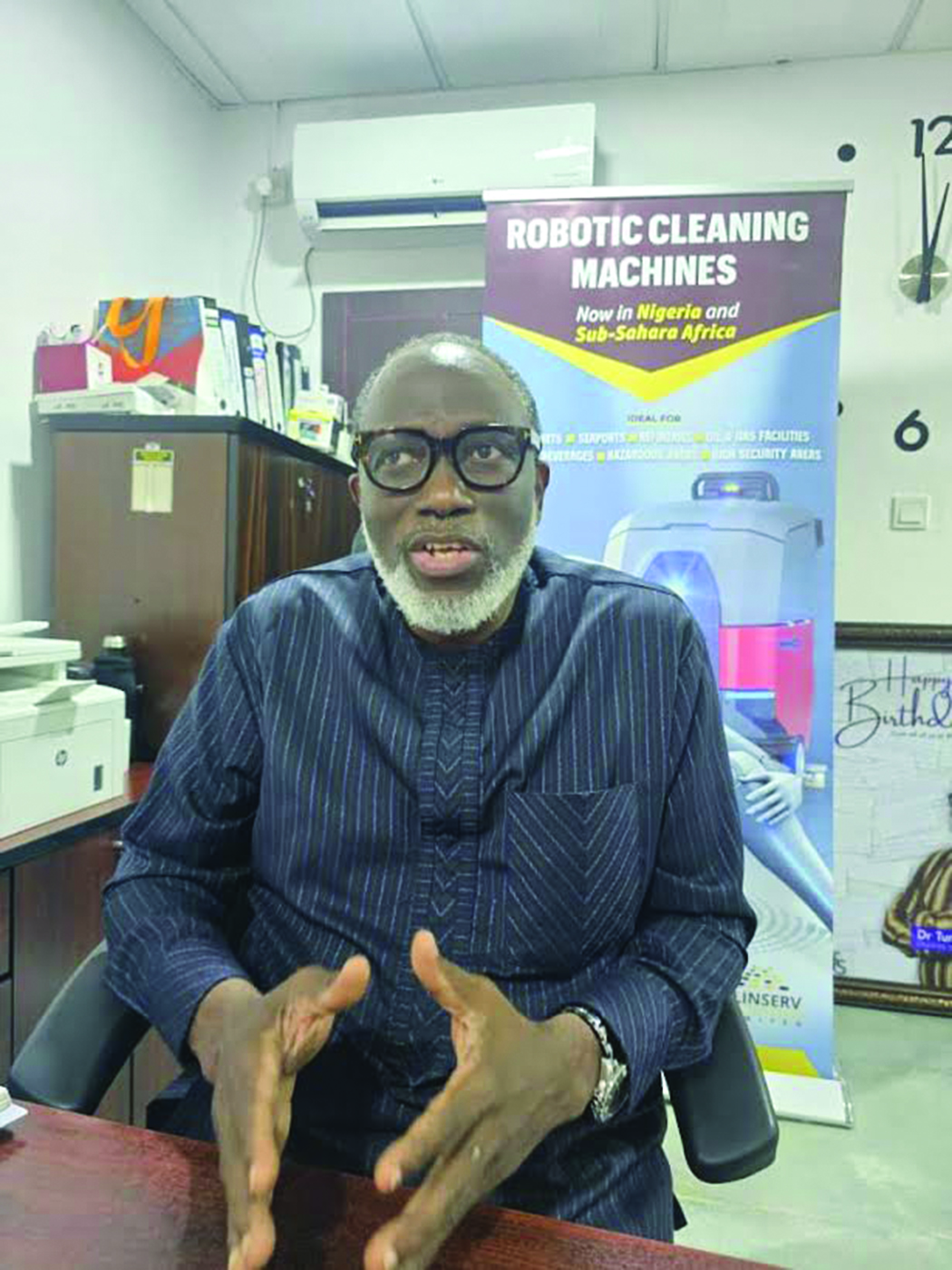



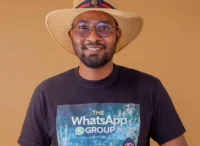

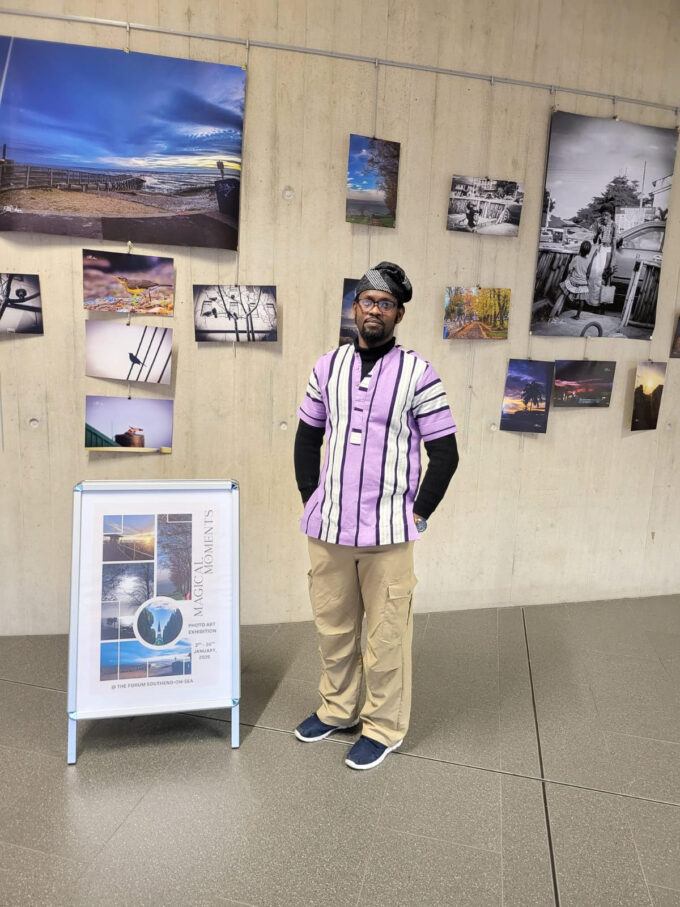
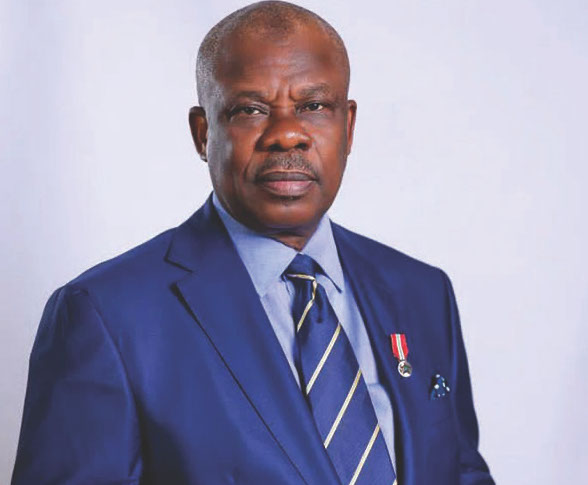
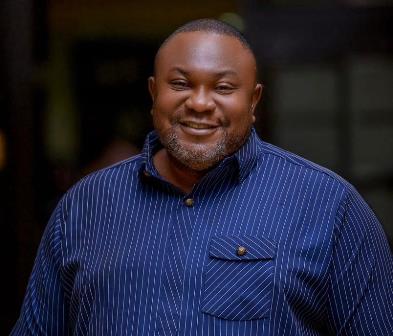





Leave a comment